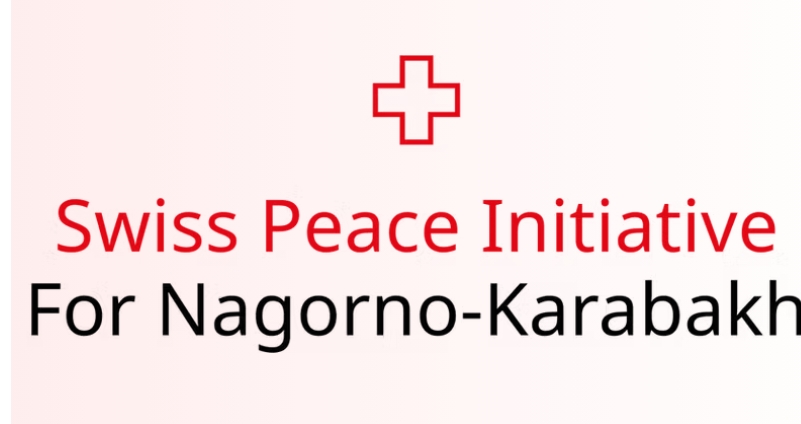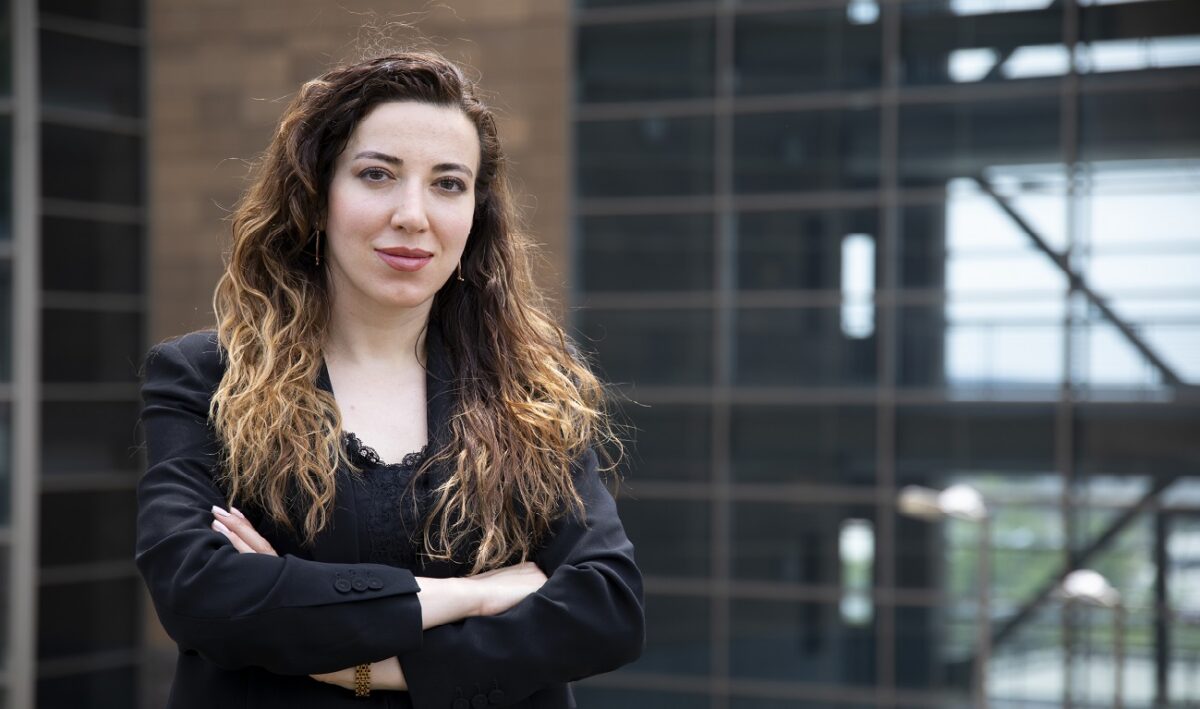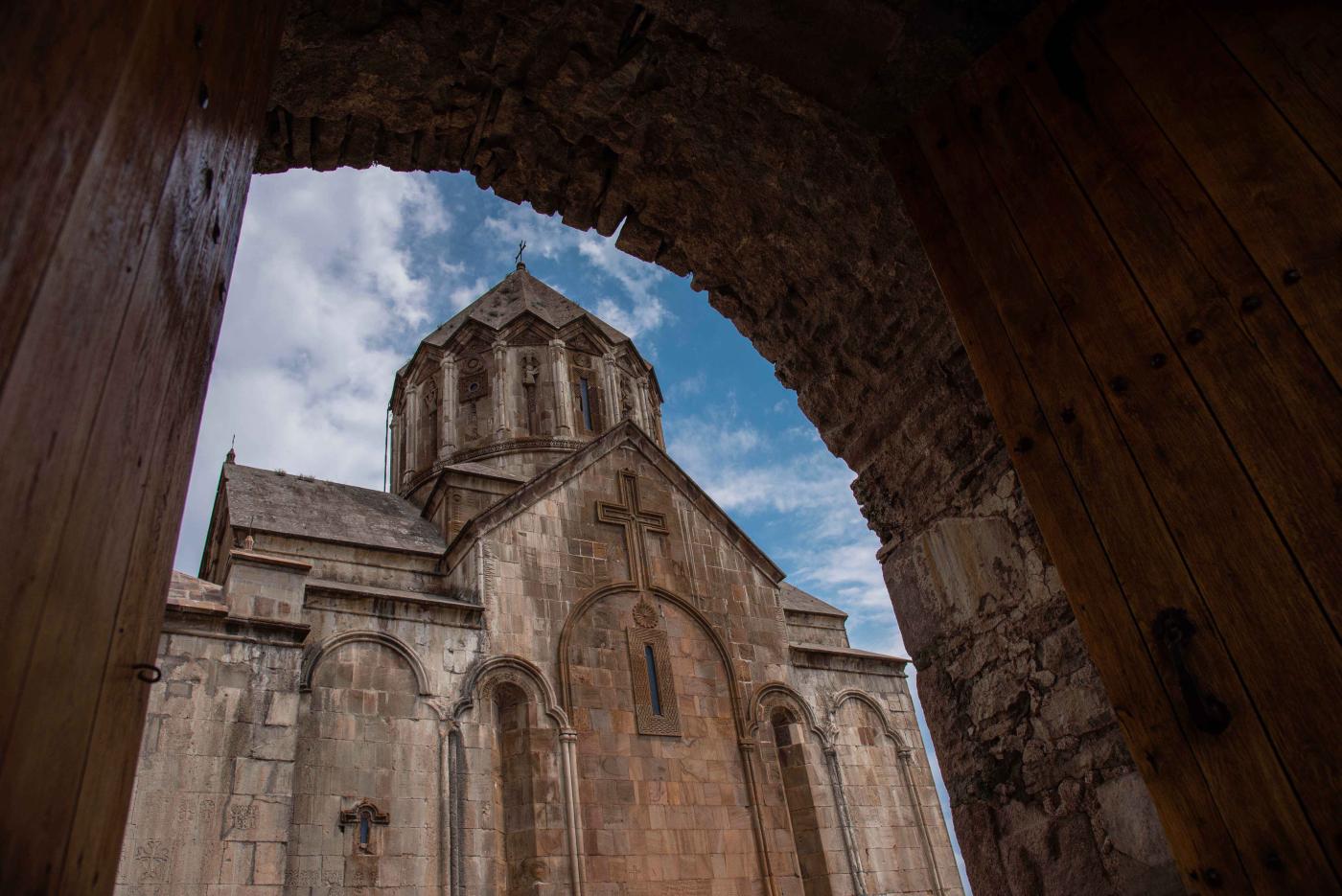Bern, Switzerland | 27–28 May 2025
Preamble: A Framework of Responsibility and Response
Isaiah 58:12 « Your ancient ruins shall be rebuilt, you shall raise up the foundations of many generations; you shall be called the repairer of the breach, the restorer of streets to live in. »
Galatians 6:2 « Bear one another’s burdens, and in this way you will fulfill the law of Christ.»
This international conference on the Preservation of Armenian Religious, Cultural, and Historical Heritage in Artsakh/Nagorno-Karabakh was convened in response to urgent appeals from faith communities, academic institutions, and civil society following the 2023 forced displacement of the Armenian population and the ongoing destruction of their sacred heritage. Rooted in the principles of human dignity, freedom of religion, and cultural rights, the conference builds upon existing international legal frameworks, including the 1954 Hague Convention for the Protection of Cultural Property in the Event of Armed Conflict and relevant UNESCO conventions. The conference is a response to the call of the Armenian Apostolic Church and is organised by the World Council of Churches and the Protestant Church in Switzerland, which recognize the inextricable link between cultural heritage, identity, and justice. The gathering in Bern represents a collective commitment to truth-telling, memory preservation, and coordinated international action to safeguard humanity’s shared legacy.
1. Acknowledging a Tragic Loss and Bearing Witness
We recognize with deep sorrow the forced displacement of over 120,000 ethnic Armenians from Artsakh/Nagorno-Karabakh following the September 2023 military assault and blockade. We bear witness to the erasure of millennia of Armenian Christian presence in the region and to the widespread destruction of churches, cemeteries, monuments, and other sacred and cultural sites, as documented by independent bodies such as Caucasus Heritage Watch, Save Armenian Monuments, Monument Watch, and other cultural actors.
2. Reaffirming the Moral and Legal Imperatives
Drawing on the insights of international legal experts and practitioners, we reaffirm that the destruction of cultural heritage constitutes a violation of international humanitarian law and can amount to a crime against humanity, and indicia of genocidal intent. We call on the international community, particularly the United Nations and UNESCO, to ensure accountability and uphold their mandates for the protection of cultural and religious heritage.
We also affirm the right of return of displaced populations to their ancestral lands under conditions of safety, dignity, and non-discrimination.
3. Emphasizing the Spiritual and Interfaith Responsibility
As churches and religious communities, we believe that protecting heritage is not only about monuments—it is about the living expression of faith, identity, and memory. Religious leaders from Christian, Jewish, Muslim, and Yezidi traditions joined voices at this conference to affirm that preserving religious heritage is an expression of our shared humanity and a path toward reconciliation.
We underline the role of interfaith collaboration in healing, rebuilding trust, and promoting the dignity of all people affected by displacement, war, and cultural cleansing.
4. Calling for Coordinated International Action
We urge:
– UNESCO to immediately facilitate an independent monitoring mission to assess the state of conservation (SOC) of Armenian cultural and religious sites in Artsakh/Nagorno-Karabakh.
– Governments and international bodies, particularly Switzerland, where we are meeting today, to take diplomatic and legal steps based on OSCE and other conventions to prevent further erasure of Armenian cultural heritage, support the return of the people to their land, and to work actively towards the liberation of the Armenian hostages in Baku.
– Churches and ecumenical organizations worldwide to continue advocacy, awareness-raising, and solidarity actions in coordination with the Armenian Church
– WCC to lead planning for an ecumenical pilgrimage visit to the Armenian holy sites in Artsakh/Nagorno-Karabakh.
– Academic and cultural institutions to enhance documentation, archiving, and education initiatives related to Armenian heritage and to prevent distortion of historic narratives and facts through cultural predation, presenting Armenian cultural artifacts as Albanian and Proto-Azerbaijani.
– Media not to turn a blind eye on the injustice suffered by the people of Artsakh/Nagorno-Karabakh and to engage in in-depth reporting of the background of the crisis
5. Learning from the Past, Acting for the Future
Drawing lessons from other cases of cultural destruction and denial of rights shared at this conference—including from Cyprus, Greece, and Iraq—we assert the importance of preserving memory and protecting identity in times of political transition and in contexts of occupation. Heritage, when protected, can be a source of reconciliation. When destroyed, it deepens trauma and injustice.
We express gratitude to those who shared testimonies of displacement, courage, and resilience, particularly survivors and representatives of Armenian communities from Artsakh/Nagorno-Karabakh.
6. Our Common Commitments
We commit ourselves to:
– Sustained advocacy for the protection of Armenian Christian heritage;
– Building interreligious and intercultural coalitions for peace and justice;
– Supporting mechanisms of transitional justice, including truth-telling and reparations;
– Mobilizing our institutions, churches, and networks to uphold the sacredness of all religious and cultural traditions.
Let this statement serve as a testimony to our shared responsibility and as a living document of solidarity, conscience, and commitment. The heritage of Artsakh/Nagorno-Karabakh belongs not only to Armenians but to the whole of humanity, and it is our collective responsibility to protect it.
We commend this statement to the attention of all actors of goodwill and pledge to carry its message forward through policy, prayer, and prophetic action.
#ArmenianHeritage
Bern, 28 May 2025




